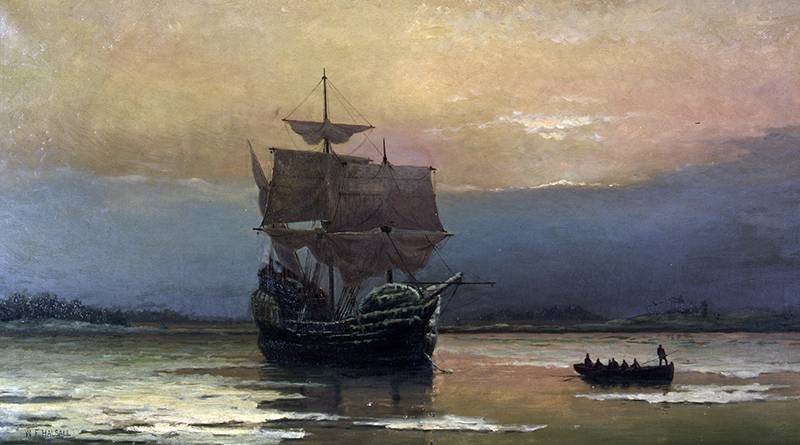SACRAMENTO — For a quarter of a century, California’s Dockwalker Program has stood as a beacon of environmental stewardship, empowering citizens to protect the state’s precious waterways. Now, as the program celebrates its 25th anniversary, California State Parks, the California Coastal Commission’s Boating Clean and Green Program, and The Bay Foundation are calling on individuals across the state to join their ranks and contribute to a cleaner, healthier future.

(Photo source: CA State Park and CA Coastal Commission, Solano County, and Partner Dockwalkers: Elizabeth Moses and Kevin Kealey)
From mid-March through May 2025, free virtual and in-person training sessions will be conducted, providing participants with the tools and knowledge necessary to become certified Dockwalkers. This unique volunteer opportunity allows individuals aged 15 and older to play a critical role in educating boaters about responsible practices that minimize pollution and protect marine life.
Dockwalkers serve as vital liaisons between environmental advocacy and the boating community. They engage directly with boaters at marinas, boat launch ramps, and boating events, distributing educational materials, including the highly regarded California Boater Kits. These kits provide practical guidance on curbing pollutants such as oil, fuel, sewage, trash, and marine debris, empowering boaters to adopt clean boating practices.
Dockwalkers frequently encounter a range of misconceptions among boaters regarding clean practices, leading to valuable insights into common misunderstandings and they’re here to clarify.

(Photo source: CA State Park and CA Coastal Commission, Solano County, and Partner Dockwalkers: Elizabeth Moses and Kevin Kealey)
“Boaters are stewards of the waterways on which they love to recreate; to ensure these efforts, they just need clear information and convenient services,” shared Vivian Matuk, Environmental Boating Program Manager for the California State Parks and California Coastal Commission. “One of the common misconceptions we encounter among boaters is about boat sewage management, specifically its impacts and regulations. Dockwalkers share a wellspring of information and resources to address this topic — from outreach on sewage impacts, federal and state laws associated with this potential source of boat pollution, the best way to manage it depending on the system a boater may have on board, and local resources California boaters have to properly dispose of their sewage including pumpouts, dump stations and floating restrooms such as the free Pumpout Nav app.
The California Boater Kit is Dockwalkers’ main outreach tool. It’s an educational, pollution prevention tool kit that promotes safe and environmentally-sound boating practices. Based on research conducted by the Boating Clean and Green Program and The Bay Foundation, the kits were designed to give boaters a resource that will prompt them to take action and carry out at least one of the recommended practices promoted through the program. Going back to sewage being a common topic that can be misunderstood, the Boater Kit is packed with information and easy to use tools that address this confusion.”
California, boasting approximately 4 million recreational boaters, faces a significant challenge in mitigating the cumulative impact of even small amounts of pollution from individual vessels. The Dockwalker Program addresses this challenge head-on, promoting a culture of responsible boating that safeguards the state’s diverse aquatic ecosystems.
“Dockwalkers make up an incredible statewide force that effectively interact with recreational boaters through face-to-face education about clean boating practices,” said Vivian Matuk, Program Manager for California State Parks and the Coastal Commission’s Boating Clean and Green Program. “This method of communication and the distribution of educational Boater Kits have proved to be powerful means to keep California’s waterways clean.”
Since its inception in 2000, the program has trained over 1,300 Dockwalkers, who have shared clean boating practices with an estimated 130,000 boaters statewide. The Boater Kits, designed to inspire action, feature questionnaires that help refine future educational efforts and track the program’s impact.
The Dockwalker Program extends its reach beyond individual volunteers, actively engaging marinas, yacht clubs, and safety organizations. Participating marinas and yacht clubs receive educational materials and tools to operate clean boating facilities, contributing to their Clean Marine designation and Club of the Year nominations. Safety organizations like the US Coast Guard Auxiliary and US Power Squadrons leverage the program to enhance their boating safety missions.
“Yacht clubs and marinas are essential in spreading awareness directly to boaters,” officials emphasized. “Safety organizations such as the US Coast Guard Auxiliary and US Power Squadrons also benefit from the Dockwalker program as it supports their current efforts and enhances and broadens their boating safety mission.”
The program also resonates strongly with boaters themselves, who recognize their responsibility to protect waterways for future generations. “Many Dockwalkers are boaters themselves,” the program boasts, exerting a bit of “pier” pressure to encourage responsible practices.
The Dockwalker Program’s success is rooted in strong partnerships with organizations like The Bay Foundation, the U.S. Coast Guard Auxiliary, the U.S. Power Squadrons, Save Our Shores, the Lake Berryessa Watershed Partnership, the California Conservation Corps, and numerous marinas and yacht clubs across California.
As the Dockwalker Program looks towards its next 25 years, a critical consideration is its evolving role in safeguarding California’s waterways amidst emerging environmental challenges.
“California has one of the highest levels of recreational boating in the country,” said Matuk. “The vision of the Dockwalker Program is to influence all boaters on California’s waterways to prevent pollution. At the 50th year anniversary of this program, we look forward to an even stronger groundswell of stewardship from individuals all over the state that are fully aware of environmental boating laws and go above and beyond to protect waterways. Continuing to shape and reinforce this ethos will remain a priority.
We also will seek to host Dockwalker trainings, educational webinars, and social marketing in areas where we have not had the opportunity to do so, such as around several inland lakes. Reaching new audiences and expanding materials into more languages will be vital. Additionally, while the program has established valuable partnerships with thousands of organizations to date, there are still more local, state, and federal entities we can collaborate with. We are excited to build these relationships and strengthen networks across the state. Lastly, to better orient our future education looking 25 years out, we plan to continue our critical research on boater’s habits and practices to inform, guide, and strategically position the program for success.”
For more information, please visit https://dbw.parks.ca.gov/?page_id=29199.





